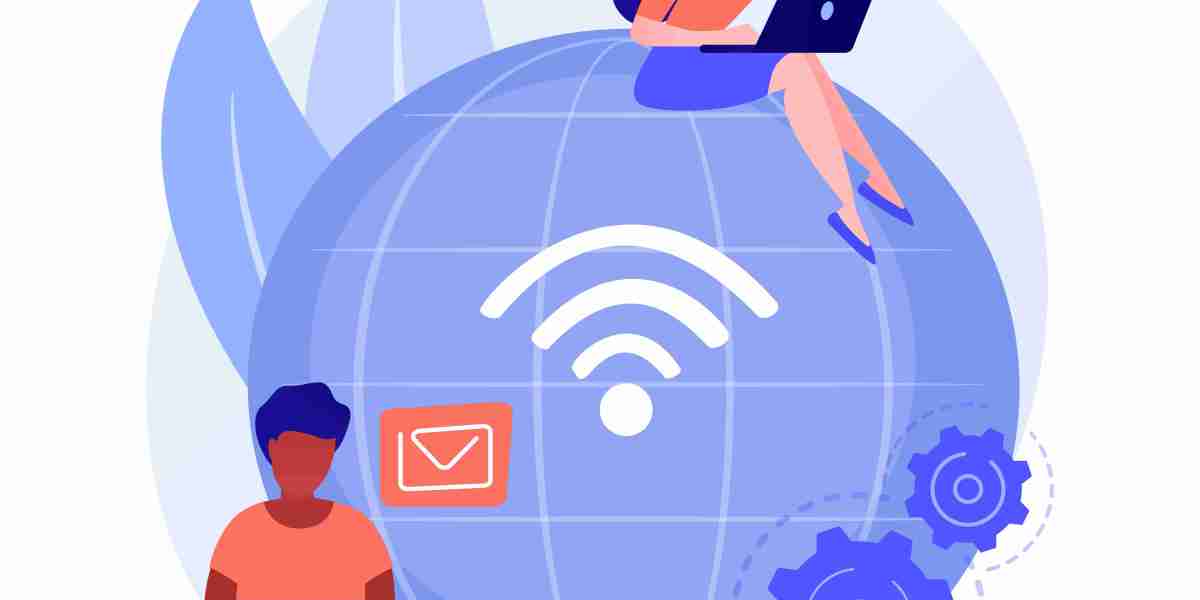Intuition is often described as a “gut feeling” or an instinctual knowing that transcends rational thought. In the realm of coaching, intuition can be a powerful tool, helping coaches tune into their clients' deeper needs, anticipate obstacles, and inspire transformation. Intuitive coaching is an approach that emphasizes the role of intuition alongside traditional coaching methods, blending logical strategies with intuitive insight. But what exactly does it mean to be an "intuitive coach," and how does intuition shape the coaching experience? Here, we explore the nature of intuition in coaching and the insights experts offer about intuitive coaching.
What Is Intuitive Coaching?
An intuitive coach is a professional who relies on both practical coaching techniques and their intuitive abilities to guide clients toward self-discovery, growth, and personal transformation. Unlike conventional coaching, which may be more goal-oriented and structured, intuitive coaching is fluid and often delves into deeper emotional, spiritual, and mental blocks. An intuitive coach taps into the subtle energy of a client, “listening” not only to what is spoken but also to what is unsaid—through body language, tone, and even the energy the client exudes.
Intuitive coaches may incorporate practices like mindfulness, meditation, and visualization to create a holistic experience, supporting clients in accessing their own intuition as well. The focus is not only on helping clients reach specific goals but also on empowering them to tune into their inner wisdom, often leading to more authentic and long-lasting transformation.
The Role of Intuition in Coaching
Intuition in coaching is about sensing, feeling, and perceiving beyond what can be measured or articulated. While this may sound esoteric, intuition often reveals itself in practical ways during coaching sessions. For example:
- Picking Up on Subtle Cues: Intuitive coaches can sense when a client is holding back or when there’s an underlying issue not being discussed. This allows the coach to gently probe in a way that respects the client’s readiness to open up.
- Asking the “Right” Questions: Rather than sticking to a predetermined list of questions, intuitive coaches trust their instincts to ask questions that feel aligned with the client’s needs in the moment. This can lead to profound insights and breakthroughs.
- Guiding Clients to Trust Their Own Intuition: Intuitive coaches often help clients recognize and strengthen their own intuitive abilities, enabling them to make decisions that feel right at a deeper level. This creates more autonomy and confidence in the client's journey.
- Tuning Into Energy and Emotions: Intuition in coaching goes beyond cognitive reasoning; it’s about sensing the emotional or energetic state of a client. Coaches who cultivate intuition are often more attuned to shifts in energy, allowing them to adapt the session’s focus to meet the client’s true needs.
Insights from Expert Intuitive Coaches
Many experienced coaches believe that intuition is an essential skill that can be developed over time. Here’s how experts in intuitive coaching understand and cultivate this skill in their practices:
1. Cultivate Self-Awareness
Self-awareness is a foundation of intuitive coaching. To effectively sense another person’s energy, a coach must first be in tune with their own. This includes understanding one’s own biases, emotional triggers, and mental noise, as these can interfere with intuition. Intuitive coaches often practice self-awareness exercises like meditation or journaling, which help them separate their own feelings from those of their clients.
For instance, intuitive coach and author Colette Baron-Reid suggests, “When we cultivate self-awareness, we clear our own blocks and biases, allowing us to connect with others in a more authentic and intuitive way.” By consistently grounding themselves, intuitive coaches ensure they are present and open, creating a space for genuine intuition to emerge.
2. Develop Empathy and Active Listening Skills
Empathy is at the heart of intuitive coaching. Intuitive coaches often speak of a heightened sense of empathy, allowing them to deeply connect with their clients’ experiences. Active listening helps coaches truly understand their clients, not just at the intellectual level but emotionally and energetically. By listening with empathy, coaches can pick up on subtleties and patterns in a client’s narrative, sensing what resonates and what doesn’t.
“Empathy is a doorway to intuition,” says Dr. Judith Orloff, an expert in the field of intuitive healing. “By opening ourselves up to truly feel what another person is experiencing, we become better able to sense what they may not be saying directly.”
3. Practice Mindfulness and Presence
Mindfulness is an essential tool for intuitive coaches. By being fully present in each session, coaches can tune into their clients more deeply, perceiving subtle cues that might otherwise go unnoticed. Mindfulness also helps quiet the mind, allowing intuitive insights to arise naturally rather than being forced.
Intuitive coach Tara Swart emphasizes, “When we’re fully present, we can move beyond our analytical minds and into a space where intuition flows. The answers often come when we’re not actively trying to find them.” By integrating mindfulness into their daily lives, intuitive coaches become more receptive to their inner wisdom, allowing them to guide their clients with clarity and calmness.
4. Trust in the Process
Intuitive coaching requires a willingness to trust in the unknown. Unlike a structured, goal-oriented coaching approach, intuition is often spontaneous and unpredictable. For many intuitive coaches, this means letting go of the need for control or predetermined outcomes. Instead, they follow their instincts, allowing the session to unfold naturally.
This can be challenging, as not every intuitive insight will be immediately understood or validated. However, experienced coaches like Sonia Choquette suggest that learning to trust one’s intuition, even when it feels uncertain, is essential. “Intuition doesn’t always make sense to the rational mind, but with practice, you learn to recognize it and trust it,” she explains. “The results often speak for themselves.”
5. Use Visualization and Other Tools
Visualization is a common technique used by intuitive coaches. By visualizing positive outcomes or imagining possible scenarios, coaches can tap into their intuitive senses to guide clients. Visualization can also help coaches clarify their own thoughts and intentions, making it easier to offer clear, intuitive guidance.
Other tools, such as meditation, grounding exercises, and even tarot or oracle cards, may be used by some intuitive coaches. These tools aren’t magical but serve as focal points, helping coaches connect with their intuitive senses more easily.
The Benefits of Intuitive Coaching for Clients
For clients, working with an intuitive coach offers unique benefits that go beyond conventional coaching methods:
- Deeper Self-Understanding: Intuitive coaching allows clients to explore aspects of themselves they may not be fully aware of, revealing subconscious thoughts and feelings that impact their behavior.
- Holistic Growth: By focusing on the whole person—mind, body, and spirit—intuitive coaching often leads to more integrated and holistic transformation.
- Empowerment Through Intuition: Clients learn to trust their own inner guidance, gaining confidence in their decisions and developing a deeper sense of self-reliance.
- Healing from Past Trauma or Limiting Beliefs: Intuitive coaches can help clients identify and release emotional blockages, leading to healing and renewed perspective.
Final Thoughts on Intuitive Coaching
So, what is an intuitive coach? An intuitive coach combines the art of intuition with the science of coaching to create a transformative experience for their clients. They go beyond traditional methods, tapping into a realm where empathy, mindfulness, and presence guide their practice. Through their insights and guidance, clients not only work toward their goals but also cultivate their own intuitive awareness, fostering a journey of self-discovery and empowered decision-making.
Whether you’re considering working with an intuitive coach or are exploring intuitive practices in your coaching, remember that intuition is an innate ability that everyone can cultivate. It may start as a subtle sense or an instinctual nudge, but with practice, intuition can become a guiding force that transforms lives, opening up pathways to self-knowledge, growth, and fulfillment.














